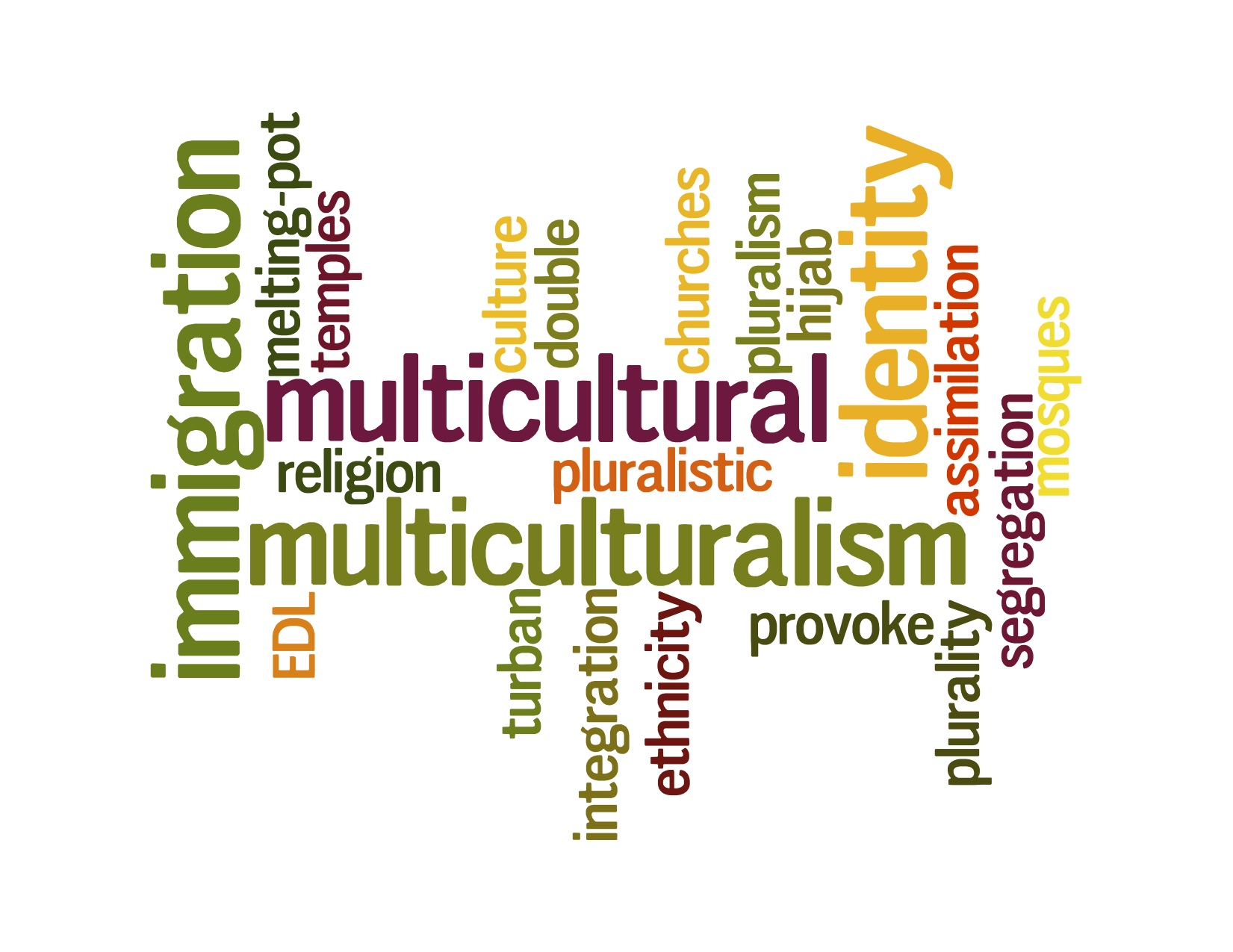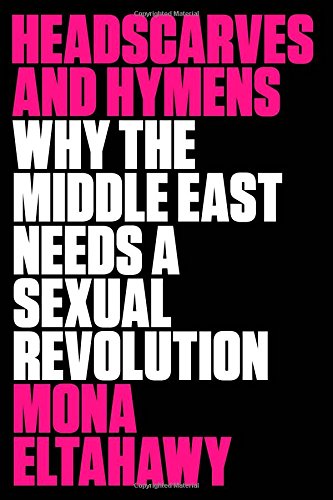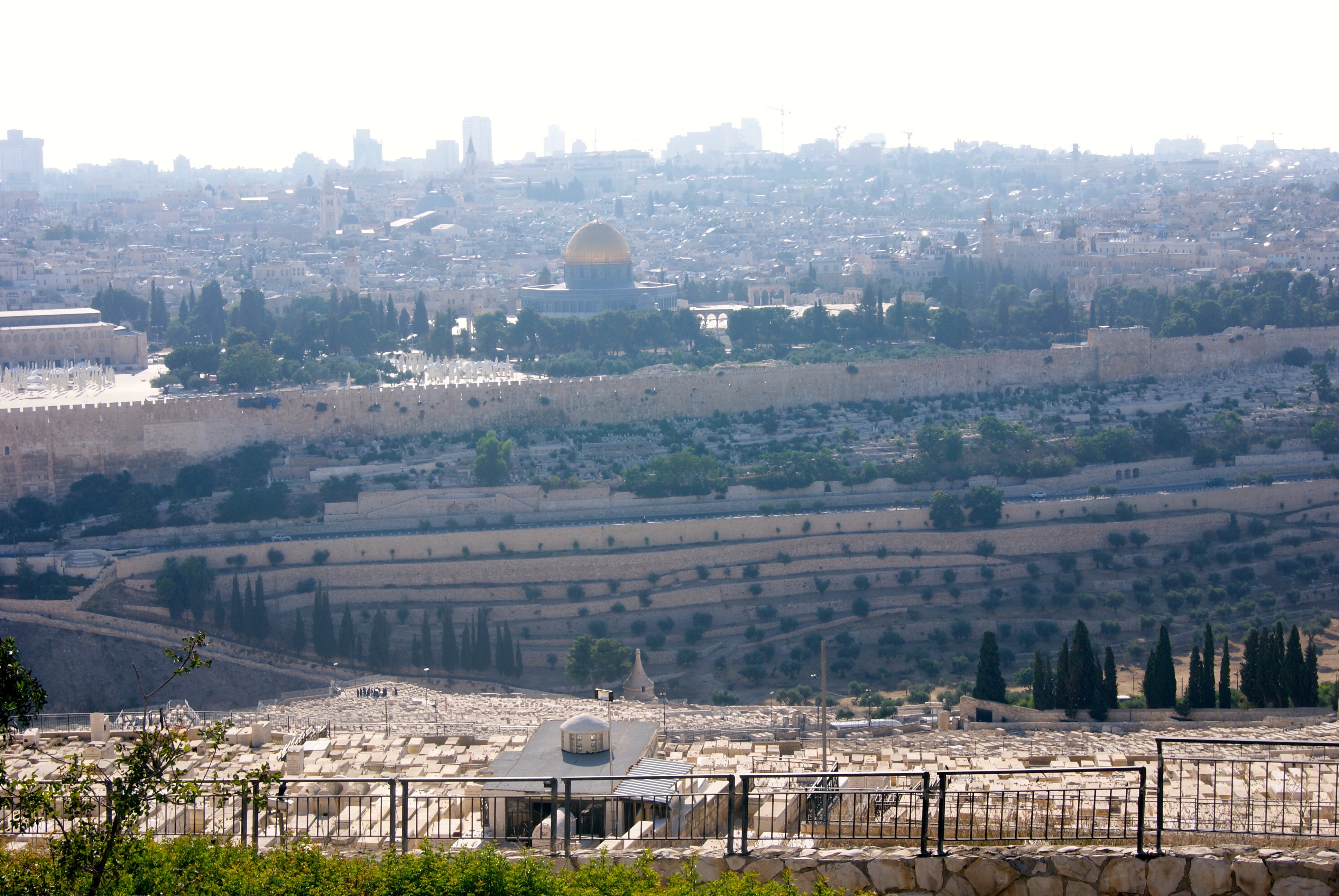“One is Danish first, and then you can be whatever you want”, said a Danish politician, at a conference held in Vartov some weeks ago. That statement stayed with me. The thing is, I never considered myself Danish first. Of course, I consider myself Danish. Just not firstly. A rapid, alert and bright answer from another member at the panel debate followed, “I consider myself human first…” and the crowed laughed. To me being human is not a religiously neutral way of life. Me considering myself human, means that I consider myself created in God’s image. Thus, I guess I consider myself Christian first. Followed thereafter by nationality, culture and so forth. So where lies the problem really?
The problem lies with the fear of religion. The fear of people believing in something so much, they are willing to put their believe-system before anything else. And now, dear reader you probably turn your attention towards Muslims and Islam. Because in Western societies, that is the religion we fear. We fear the consequences of allowing a minority in our societies to believe. We fear what the parallel societies may do to our culture. But despite the fact that Christian believers may not be as many considering the size of the Danish population for instance, we are a big group. And we too, in some sense make parallel societies. We sometimes speak “a different language” despite doing it in Danish. What I am trying to make you – reader – understand is the clash between two worlds. The Danish politicians talk about parallel societies, poor integration into Danish society and then they point their fingers discreetly towards other religious groups. Truth is, considering what I experience to be the norm amongst “common Danes” I might also be poorly integrated. I speak Danish, I know the history, I understand the culture. I just choose not to akt like everyone else and sometimes speak differently. Because I believe in something bigger than culture and language.
I have a lot of friends who accepts me for who I am, and most of them have never really told me how I am supposed to act. But, sometimes. Every now and again I see the ugly face of Religion-Fear. It creeps into people who don’t know me and hears of my very religious behaviour without knowing me.
I experience that I “muzzle” myself, so to speak. There are certain things I do not touch upon when I am with people who does not know me as well. Certain ways of saying things that I refrain from whenever I am with people who wouldn’t understand.
And, that is when I feel it. Society does not want me to be myself. At the utmost, I shall be what the norm dictates. Sit back and listen to what the atheist say – without defending myself. In fear of what religion could do to our society, I fear that we have created our own sense of freedom of speech. A freedom where you can say certain things – while others will be frowned upon. Luckily, I don’t care. I know my freedom in a country as Denmark, and I will be loyal to the society which have given me so much. But if the same society keeps pushing me over the edge. Keeps pointing fingers at me while saying I am not allowed to be me, I’m not sure that loyalty will stick. In my life I have made an honest attempt as not to tell others how they should live their lifes, but this does not go the other way around. I often have an experience of people telling me how I should live, muzzling me. The thing is, that we in Denmark are raised to believe that we can go in whatever way we want – as long as it does not interfere or disrupt in other peoples life-paths in a terrorising and destructive way. So, of course the result will be a population with different sets of believes and ways of thinking. A multi-culturality we cannot ignore.
Of course new things, worldviews and so forth are frightening. Once upon a time men believed that women was only to their pleasure and it was dangerous to let them vote – look at us now. Right now, in the US there are miners who are afraid of what will happen if their jobs are no longer. Afraid of the new path and clutching on to something they already know, in fear of the day they have to face new possibilities. I don’t know their situation exactly, but their situation made me think about us today. In Denmark. Maybe the fear of the unknown are overshadowing the many good possibilities in allowing different cultures to thrive. Sometimes the best step to take – is that step into the unknown. Maybe its time to start opening up to get to know each others instead of fearing each others. Maybe its time to stop fearing religion and start fearing the actual enemy of our society: the naive idea that just because I am not Dane first, and confide in a religion I am an enemy to our society.




